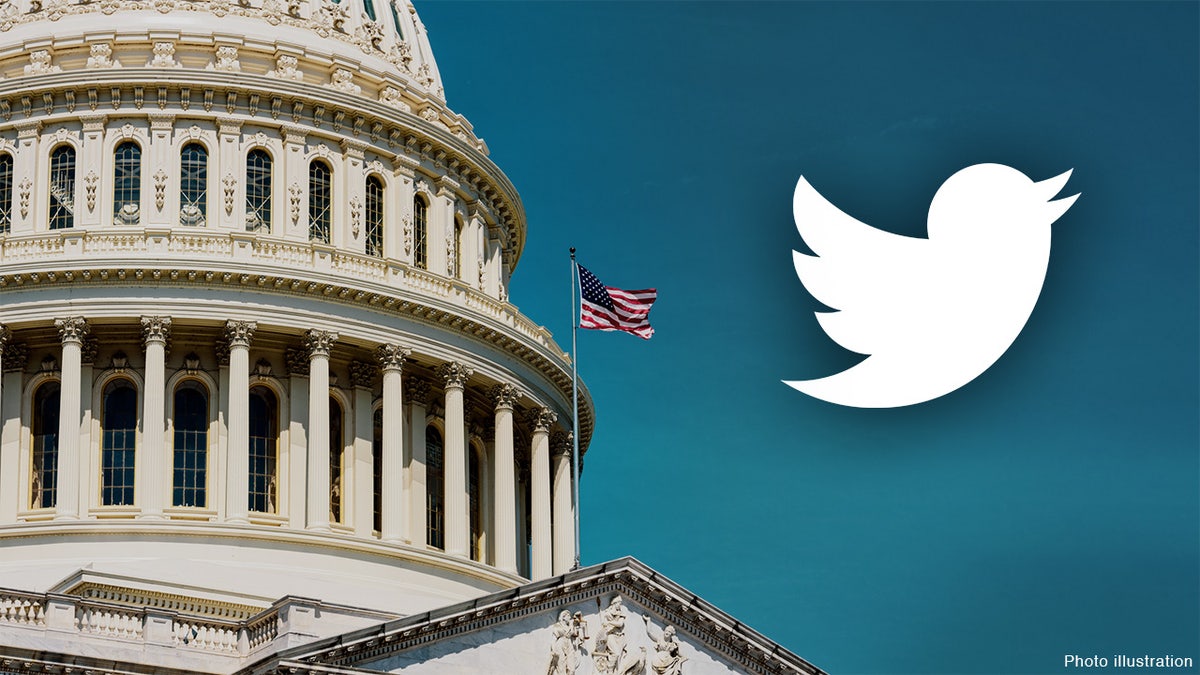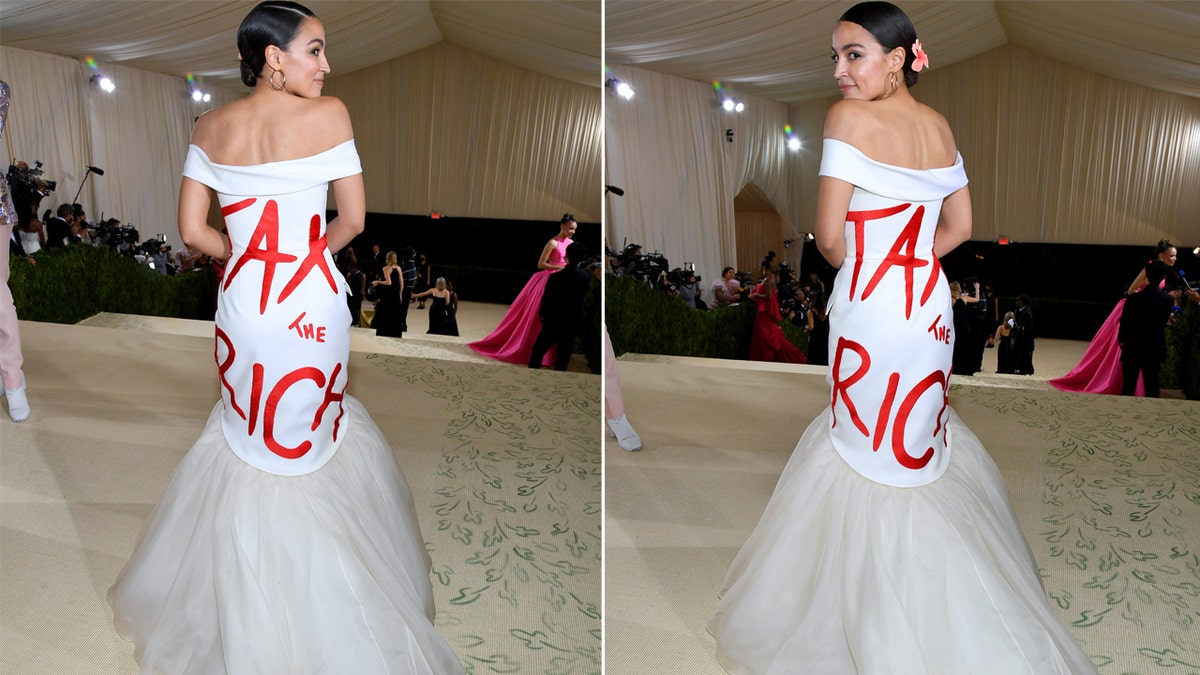Social media users are adopting increasingly radical positions as they compete for internet attention, an escalating battle that's having real-world ramifications, a journalist who studies the issue told Fox News.
Essentially, the users try to out do one another to gain online clout as a way of improving their social status, according to journalist and documentary filmmaker Leighton Woodhouse. Those policies, however, enter everyday political discourse and social order.
"As social media has sort of taken over more and more of our lives, those status competitions have started to bleed into the real world and have started to shape the real world," Woodhouse, whose pieces have appeared in The Intercept, Gawker, VICE News, Salon and HuffPost, told Fox News. "It's highly destructive to democracy."
The real world is becoming "an extension of the debates that take place on Twitter," Woodhouse added. "All of a sudden, we're talking about this stuff on the news, and we're talking about it with our friends."

Politicians are adopting radical policies first pushed on Twitter, Leighton Woodhouse says. (Fox News )
In the 1970s, French sociologist Pierre Bourdieu theorized that "cultural capital," like wealth, plays an essential role in determining social class. Cultural capital includes a variety of social assets, including education, intellect, style of speech, clothing and an appreciation for art, according to Bourdieu.
"Cultural capital is basically the knowledge and tastes and mannerisms that are inculcated that allow a person to sort of get ahead in a given environment," Woodhouse said.
Individuals can advance – or hinder – their social status through cultural capital regardless of their income, according to Woodhouse. He said journalists tend to accumulate high levels of cultural capital, given their ability to attain name recognition and inclusion in exclusive social circles, even if they are not particularly wealthy.
"Your average junior-level New York Times writer probably makes a solid middle-class income," Woodhouse told Fox News. "They're not rich, but they have a lot of cultural capital."
TEXAS SCHOOL SHOOTING PUTS SPOTLIGHT ON SOCIAL MEDIA ADDICTION, ACCOUNTABILITY

Rep. Alexandria Ocasio-Cortez wore a dress that said "Tax the Rich" to the 2021 Met Gala, a popular sentiment among those on the left. (Photo by Kevin Mazur/MG21/Getty Images For The Met Museum/Vogue)
Yet someone with excess material wealth, like former President Trump, is simultaneously "a member of the elite" while still "excluded from the circles of the elite," due to his lack of cultural capital, Woodhouse said.
Social media has brought this struggle to acquire social gravitas online, according to Woodhouse. Over the years, cultural capital has shifted from wearing the right clothes or speaking properly to holding the right beliefs, he said.
"The new currency for distinguishing one’s status versus the next is through what I call ‘moral capital,’" Woodhouse told Fox News. Moral capital is acquired through moral posturing and virtue signaling, he said.
As competition for moral capital increases, people adopt increasingly radical positions to maintain their position on the social hierarchy, according to the journalist.

Woodhouse believes online competitions over social clout are resulting in real world consequences. (Fox News )
"There's an inflationary effect on moral capital," Woodhouse said. "Say your position is ‘abolish ICE.’ At first, that seems really edgy. You have high moral capital for taking this position."
INCREASED USE OF SOCIAL MEDIA TAKES MENTAL HEALTH TOLL ON TEENS
But that capital decreases as more people adopt a given belief.
"It's the same thing as if everybody starts wearing your designer sneakers," Woodhouse said. "All of a sudden, they aren’t so special anymore. So, you have to come up with a more extreme position."
"Then you're like, 'let's abolish the police,'" he added.

The "Abolish ICE" slogan, which started as a Twitter hashtag, was eventually adopted by many Democratic politicians. (REUTERS/Brian Snyder)
CLICK HERE TO GET THE FOX NEWS APP
A movement to abolish Immigration and Customs Enforcement swept social media in 2019 as a result of the Trump administration’s immigration policies, including his zero-tolerance policy, which resulted in thousands of immigrant children being separated from their families at the border. The movement to abolish the police gained popularity after George Floyd was killed by a Minneapolis police office in 2020, though that position wasn't widely adopted among congressional lawmakers.
The phrase "trans women are women" similarly made rounds on social media before it became a common liberal talking point, Woodhouse said.
"It's getting to the point where the debates that are taking place in Congress are just extensions of these stupid status competitions that are taking place online," he continued. "It's surreal."












































